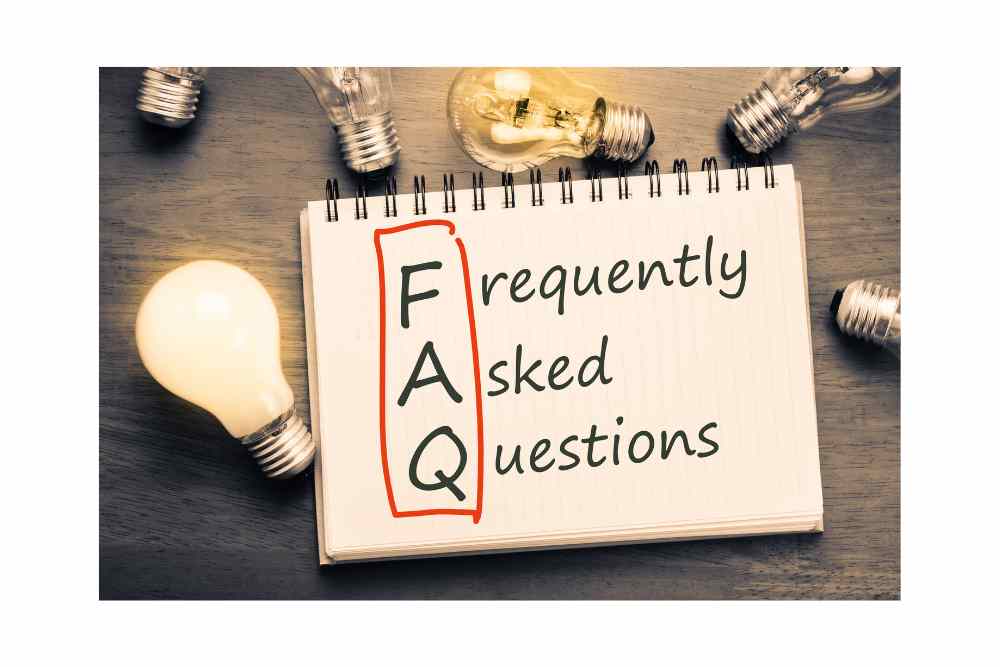Registering a Local Business Listing

When it comes to promoting a local business, one of the most effective strategies is to register a local business listing. A local business listing is an online directory that provides information about a business, such as its name, address, phone number, and website. These listings are crucial for attracting local customers and improving a business’s online visibility. In this article, we will explore the importance of registering a local business listing and provide valuable insights on how to do it effectively.
Get a 14-DAY FREE TRIAL for 300 Local Citations you can edit on one simple dashboard.
The Importance of Local Business Listings
Get your FREE 14 DAY TRIAL for over 300 local citations. Click below!

Local business listings play a vital role in the success of a local business. Here are some key reasons why registering a local business listing is essential:
- Increased online visibility: Local business listings help businesses appear in search engine results and online directories, making it easier for potential customers to find them.
- Improved local search rankings: Search engines like Google consider local business listings as a ranking factor for local search results. By registering a local business listing, businesses can improve their chances of appearing higher in search engine rankings.
- Enhanced credibility: When customers search for local businesses, they often rely on online directories to find trustworthy and reliable options. Having a well-maintained local business listing can boost a business’s credibility and attract more customers.
- Increased website traffic: Local business listings typically include a link to the business’s website. By registering a local business listing, businesses can drive more traffic to their website, potentially leading to more conversions and sales.
- Targeted marketing: Local business listings allow businesses to target specific geographic areas, ensuring that their marketing efforts reach the right audience.
Get a 14-DAY FREE TRIAL for 300 Local Citations you can edit on one simple dashboard.
How to Register a Local Business Listing
Now that we understand the importance of local business listings, let’s explore the steps to register a local business listing effectively:
1. Choose the Right Online Directories
There are numerous online directories available, but not all of them are suitable for every business. It’s essential to choose directories that are relevant to your industry and target audience. Some popular online directories include Google My Business, Yelp, Bing Places, and Facebook Business.
2. Gather Accurate Business Information
Get a 14-DAY FREE TRIAL for 300 Local Citations you can edit on one simple dashboard.
Before registering a local business listing, it’s crucial to gather accurate and up-to-date information about your business. This includes your business name, address, phone number, website URL, hours of operation, and a brief description of your products or services. Consistency is key, so ensure that the information you provide matches the details on your website and other online platforms.
3. Create a Compelling Business Description
A well-crafted business description can make your listing stand out from the competition. Use this opportunity to highlight your unique selling points, key services, and any special offers or promotions. Keep the description concise, engaging, and informative to capture the attention of potential customers.
4. Add High-Quality Images
Get a 14-DAY FREE TRIAL for 300 Local Citations you can edit on one simple dashboard.
Visual content is essential for attracting customers. Include high-quality images of your business, products, or services to make your listing more appealing. Images can help potential customers visualize what your business has to offer and increase their interest in visiting or contacting you.
5. Encourage Customer Reviews
Customer reviews are a powerful tool for building trust and credibility. Encourage your satisfied customers to leave reviews on your local business listings. Positive reviews can influence potential customers’ decision-making process and increase the likelihood of them choosing your business over competitors.
6. Optimize for Local SEO
Get a 14-DAY FREE TRIAL for 300 Local Citations you can edit on one simple dashboard.
Optimizing your local business listing for search engine optimization (SEO) can improve its visibility in search engine results. Use relevant keywords in your business description and include location-specific information to increase your chances of appearing in local search queries. Additionally, ensure that your business listing is categorized correctly to enhance its relevance.
7. Monitor and Update Your Listings
Registering a local business listing is not a one-time task. It’s essential to regularly monitor and update your listings to ensure that the information remains accurate and up-to-date. Respond to customer reviews, address any negative feedback promptly, and make necessary changes to your listing as your business evolves.
Get a 14-DAY FREE TRIAL for 300 Local Citations you can edit on one simple dashboard.
Case Study: Citation Vault
Citation Vault is a local citation service that automates 300 local citations for any business. By using Citation Vault, businesses can save time and effort in manually registering their local business listings across multiple online directories. The service ensures that the business information is consistent and accurate across all listings, improving online visibility and credibility.
For example, a local restaurant in New York City can use Citation Vault to register its business listing on popular directories like Google My Business, Yelp, Bing Places, and Facebook Business. By automating the process, the restaurant can focus on other aspects of its operations while still reaping the benefits of increased online visibility and targeted marketing.
Get a 14-DAY FREE TRIAL for 300 Local Citations you can edit on one simple dashboard.
Registering a local business listing is a crucial step for promoting a local business. It increases online visibility, improves local search rankings, enhances credibility, drives website traffic, and enables targeted marketing. By following the steps outlined in this article, businesses can effectively register their local business listings and reap the benefits of increased visibility and customer engagement. Additionally, services like Citation Vault can automate the process, saving businesses time and effort while ensuring consistent and accurate information across multiple online directories. Don’t miss out on the opportunity to leverage local business listings to grow your business and attract more customers.
Learn more about “Guidelines for Local Business Listing” here.
Frequently Asked Questions about Registering a Local Business Listing

Registering a Local Business Listing: FAQ
1. How Do I Start the Process of Registering My Local Business Listing?
To kick-start the registration of your local business listing, first identify the platforms where you’d like to be listed. Google My Business, Bing Places, and Yelp are some of the commonly used ones. Once you’ve selected the platform, you’ll usually need to provide your ‘NAP’ details—Name, Address, and Phone Number—alongside your website and business category. After filling out the necessary information, you’ll proceed to verify the listing through various methods like email, phone, or postcard verification. Verification ensures that your business is legitimate and actually exists at the specified location.
2. What Should I Be Mindful of When Choosing a Business Category?
Choosing the right business category is crucial as it directly affects how potential customers find you. Most platforms provide a dropdown list of predefined categories to pick from. Always choose the one that most accurately represents your primary line of business. In cases where multiple categories apply, some platforms allow you to select additional secondary categories. However, be careful not to dilute your primary offering by choosing too many secondary categories, as this can confuse both search engines and potential customers.
3. Can I Use a Virtual Office or Shared Workspace Address for My Local Business Listing?
Generally, using a virtual office or shared workspace as your business address is not advisable and can violate the guidelines of many local listing platforms. These platforms aim to provide users with accurate, reliable information, and a virtual or shared address can be seen as misleading. The best practice is to use a physical location where your business activities take place, or where you can meet with clients if you’re a service-area business. Failure to comply can result in penalties, ranging from lowered ranking to removal of your listing altogether.
4. How Do I Handle Multiple Locations for My Business?
If your business has multiple physical locations, you will typically need to create individual listings for each one. This is essential for presenting accurate, location-specific information to potential customers. Some platforms offer bulk-upload features, making it easier to manage multiple listings simultaneously. However, each listing must be verified independently to confirm its legitimacy. Ensuring each location’s information is accurate and consistent across all listings is crucial for maximizing your local search visibility.
5. What Is the Verification Process and Why Is It Important?
Verification is a crucial step in the registration process and is mandatory on most reputable platforms like Google My Business. This step proves the legitimacy of your business and its location. Depending on the platform, you may be required to verify through a phone call, text message, email, or postcard sent to your business address. Once verified, your listing will usually be marked as “Verified,” which adds a level of trust and can positively affect your listing’s visibility in search results.
Registering a local business listing is a multifaceted process that involves more than just filling out a form. From selecting the most accurate business category to navigating the verification process, each step plays a pivotal role in how your business appears in local search results. Following best practices and platform-specific guidelines can set your business up for online success.






